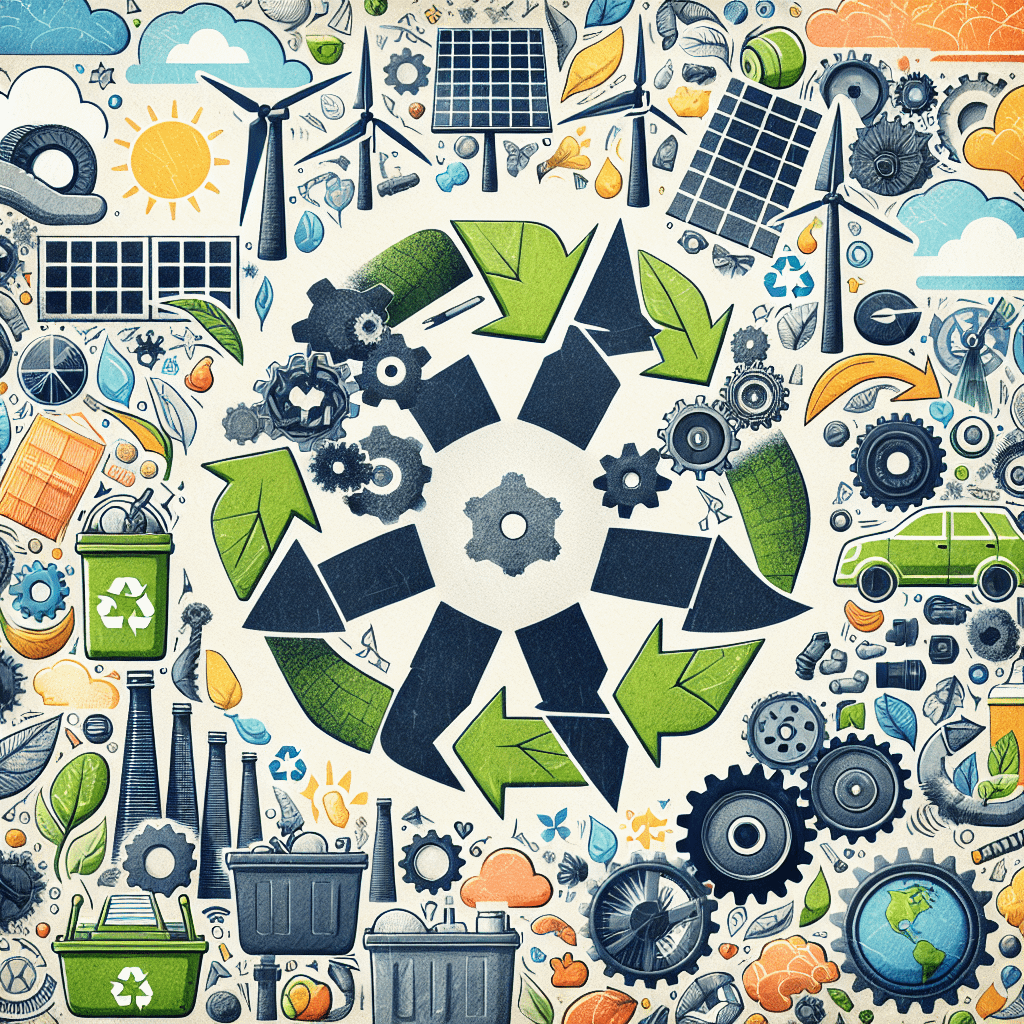The industrial revolution depended on fossil fuels. The current transition to clean energy aims to leave coal, oil, and natural gas behind. But this transition is also heavily dependent on critical metals like copper, lithium, and nickel. It’s also not clear whether the earth contains enough of these metals to support all the solar installations, wind farms, and electric vehicles that can substitute for the current fossil-fuel infrastructure.
The World Bank estimated in 2019 that the energy transition will require more than three billion tons of critical minerals by 2050. Although the earth’s crust may well contain all those necessary inputs, the available supply in 2030 of lithium, copper, nickel, cobalt and rare earth elements will not likely meet the growing demand.
For many governments and businesses, the answer is obvious: more mining. But the footprint for mining associated with the “Green” transition has been growing, and so have the negative consequences.
“Generally speaking, these mines are very polluting,” reports Clàudia Bosch, the Electronics Campaign lead at SETEM Catalunya. “They pollute water. They pollute land and air. Mining also leads to huge levels of deforestation and a loss of biodiversity. Mining is responsible for a large proportion of greenhouse gas emissions, which are contributing to climate change. And mining also has big social impacts.”
Environmentalists have a different answer to the problem of supply: urban mining.
“Urban mining” is a term used to describe the extraction and/or recycling of minerals and other materials from the waste products of renewable energy, such as used solar panels, windmill turbines, and the lithium-ion batteries from electric vehicles. It can also encompass greater efforts to repair components so that they don’t enter the waste stream in the first place.
The savings in terms of energy can be quite significant. The amount of energy needed to extract minerals and metals from a cell phone, for instance, is a lot less than producing those materials in the first place. In the case of aluminum, for instance, recycling requires 10 to 15 times less energy. The European Union has set a goal of sourcing 25 percent of all critical raw materials for its energy transition from urban mining.
“Urban mining is one of the necessary measures to gradually reduce the extractivism of minerals,” explains Júlia Martí of the Debt Observatory on Globalization (ODG). “Of course, with current levels of consumption, it won’t solve all the needs we have in terms of minerals. But it could help us advance toward a post-extractivist era.”
However, the production of renewable energy products and their consumption also generate waste. Felix Best Agorvor, of 5seconds Connect in Ghana, specializes in the urban mining of e-waste. His country is a good example of extracting as much benefit from e-waste as possible.
“Ghana generated 52,000 tons of e-waste in 2019,” he explains. “Out of t

